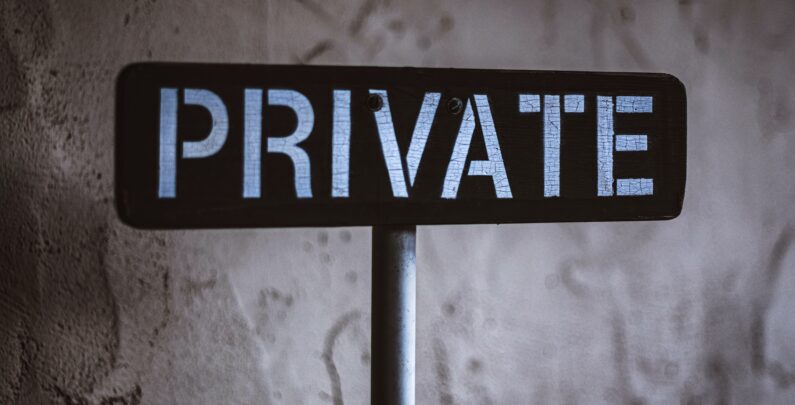
The Expanding Role of a Chief Privacy Officer (CPO)
There appears to be a significant rise in C-level positions for organisations over time. The three traditional C-level executives and officers in an organisation were the Chief Executive Officer (CEO), Chief Operations Officer (COO), and Chief Financial Officer (CFO). Executive jobs are expanding along with technology. A requirement for an executive with a history in privacy is desirable and, in certain circumstances, required by legislation as part of this growth, which includes privacy rules. The necessity for a Chief Security and Privacy Officer is therefore growing.
What Does the Role of the Chief Privacy Officer Entail?
A Chief Privacy Officer’s (CPO) job description is as follows: a senior-level executive in charge of overseeing a company’s compliance with laws and regulations governing information privacy.
Chief Privacy Officer Duties and Powers
Numerous tasks are part of the Chief Privacy Officer’s roles and responsibilities. They must first have executive-level or significant leadership experience. The second need is that they have thorough understanding of all subjects connected to information privacy, including jurisdictional laws, rules, enforcement methods, compliance, terminology, policies, and privacy program development. A legal degree is typically held by a CPO, but it is not necessary. CPOs may also have experience in technology and information security.
What is a CPO’s Function?
Even if the CPO job is distributed throughout an organisation, there may still be gaps. The CPO may oversee that such gaps are remedied, improve current awareness of information privacy, and have an influence on operations throughout an organisation. As it relates to personal information, a CPO might also be essential to help create new revenue opportunities. While making revenue off of personal data may cause some anxiety, it is a practice that can be carried out in a legal and moral manner to guarantee that confidential data is not handled improperly. Who knows what the role of a CPO will entail in the future, but as privacy laws like the GDPR continue to proliferate around the world, it is crucial for businesses to determine whether a CPO is someone who can.
A Chief Privacy Officer: Why Hire One?
Some business leaders and organisations would laugh at the idea of including yet another C-level executive at the table. The existing management should think about recruiting a chief security and privacy officer if they lack experience and expertise in information privacy. The job of CPO for all organisations becomes more and more crucial as data breaches and events increase in frequency and the need to mitigate them grows. Understanding the risks versus benefits of collecting personal information, whether personal information can be collected and used, and how to respond to an incident or breach is crucial for an organisation as personal information proliferates on both legitimate and illegitimate websites and databases. There is no longer a choice to do nothing.
